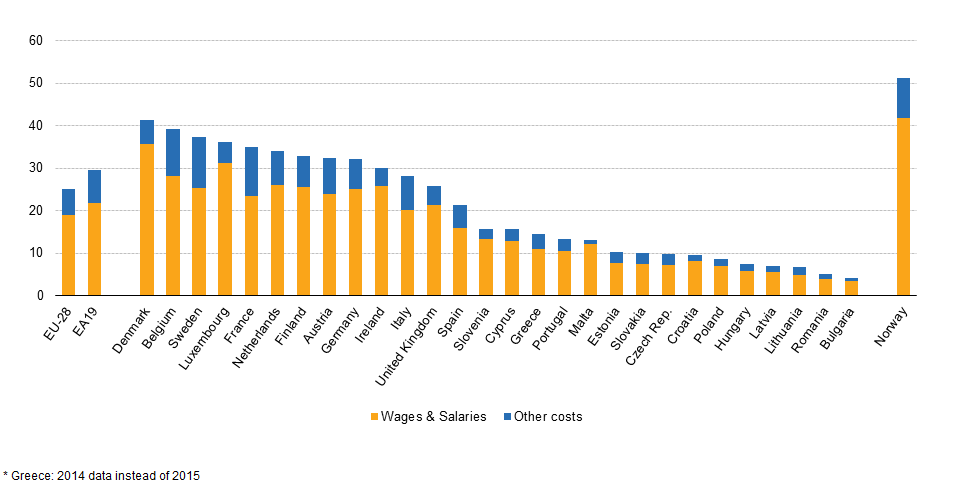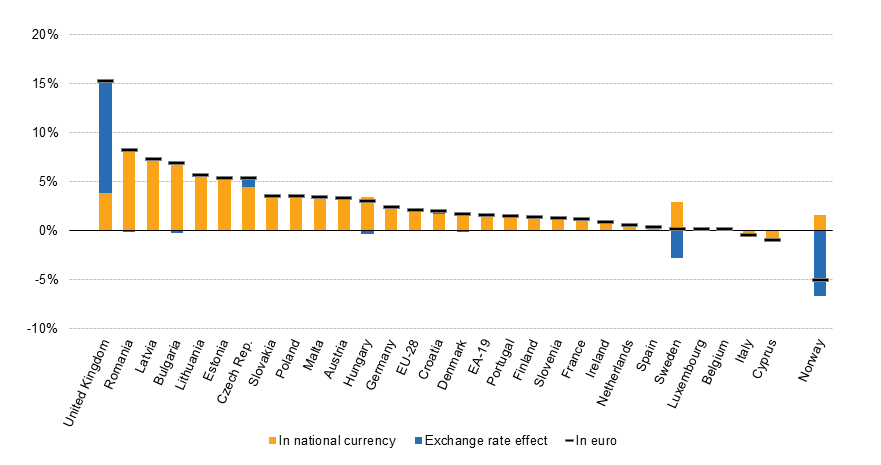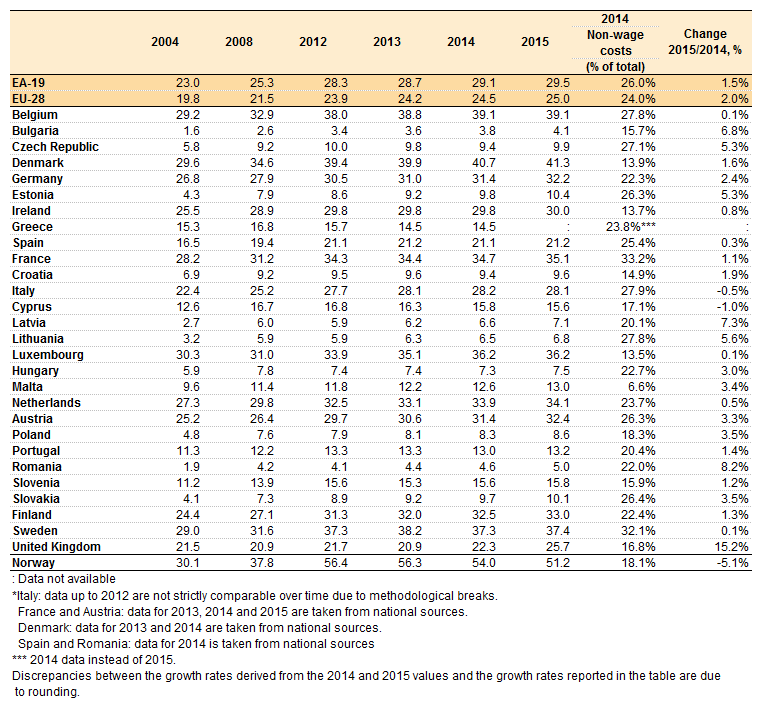No employer will pay someone more than their labour value to the business; if an unskilled person can only generate X for a business then they will not be paid more than X.
You said: “People should be paid what they are worth”
I pointed out that: “No, the employer pays what they need to pay in order to hire and keep the right people” and “The reality is that staff have to be paid somewhere close to the going rate for the job (which has nothing to do with what the person is "worth" by the way).”
To which you seemed to agree, saying “Wage rates are set by market value in the real economy”
Now, you are back to “if an unskilled person can only generate X for a business then they will not be paid more than X”, which sounds suspiciously like your first position (i.e. they are paid what they are “worth”).
So, which is it?
It’s an important point: if wages are effectively set by the market rate, there is limited scope for anyone to achieve competitive advantage by adjusting wage rates, as they are determined by external factors which are the same for everyone. Having a minimum wage is just another influencer on those rates, by setting a floor potentially above where it might otherwise be. There are plenty of other external factors that influence pay rates to. The point is they are external, and well beyond the control of most companies, especially smaller ones.
For export markets, the argument against a minimum wage would have some merit if exporters depended on staff on minimum wage, but I suspect there are very few of those left. Exporters dependent on low-skilled manufacturing have long since departed these shores. Today's exporters have their wage rates influenced much more by those in Silicon Valley rather than the minimum wage locally.


